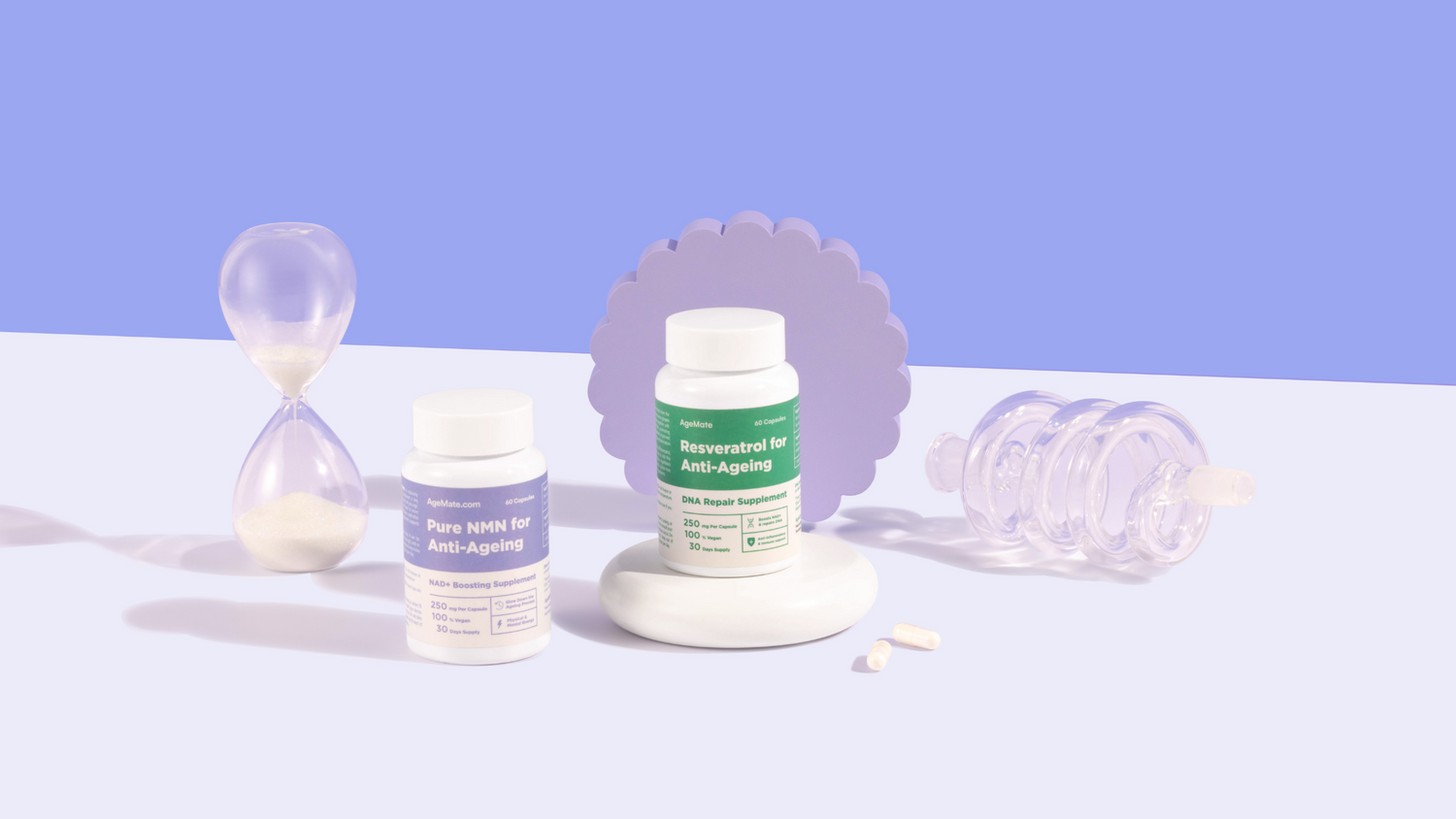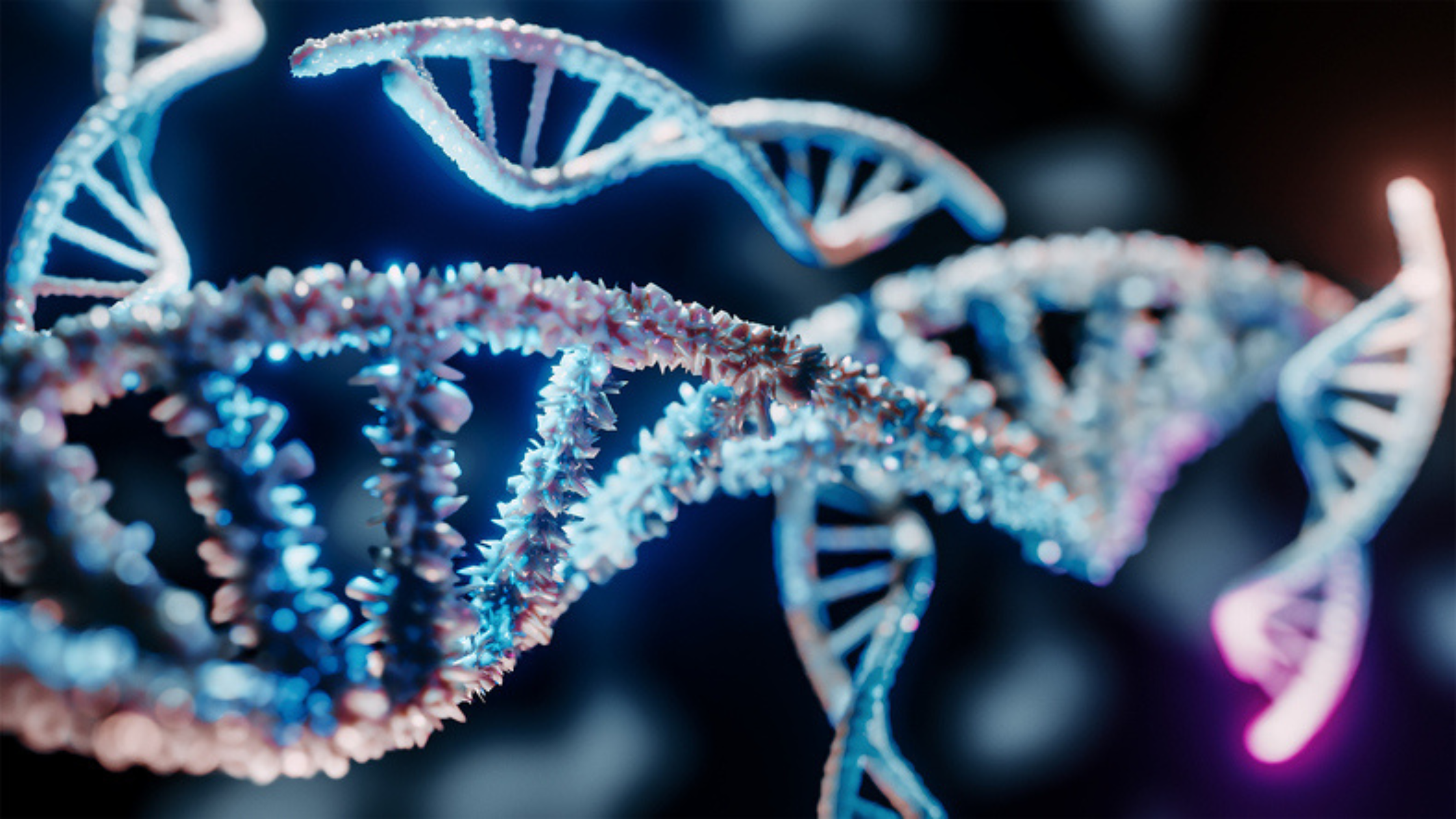Resveratrol, the natural wonder compound lurking in red wine, grapes, berries, and peanuts, has long been celebrated for its cardiovascular perks. But did you know its potential stretches far beyond heart health?
Join us as we embark on a journey through the remarkable realm of resveratrol, exploring its myriad health benefits, potential risks, dosage guidelines, and answers to burning questions about its usage. Let's uncover the full spectrum of resveratrol's power together.
Health Benefits of Resveratrol
From bolstering cardiovascular health to potentially extending lifespan and preventing chronic diseases, resveratrol's impact on wellness is extensive and multifaceted (R). Here are some of resveratrol's health benefits:
Health Risks of Resveratrol
While resveratrol is generally considered safe, there are potential risks and side effects, particularly at high doses:
Amounts and Dosage
The optimal dosage of resveratrol varies depending on the individual and the intended health benefit. Supplements typically range from 250 to 1000 mg per day.
AgeMate recommends the following dosages:
30-40 year olds: 250 - 500mg
40-60 year olds: 500 - 750mg
60+ year olds: 750 - 1,000mg
It's recommended to consult with a healthcare provider before starting any supplement regimen.
Resveratrol FAQs
The health benefits of resveratrol are varied; however, to fully reap these advantages, there are important factors to consider. Here are answers to some common questions about resveratrol that will help you maximise the benefits of this remarkable compound.
What Is Resveratrol?
Resveratrol is a polyphenol compound acting as an antioxidant. It's found in the skin of red grapes, berries, peanuts, and red wine.
What are the benefits of resveratrol supplements?
Resveratrol supplements can offer the same benefits as dietary sources, including improved heart health, potential longevity benefits, cancer prevention, enhanced brain function, and diabetes management (R).
Is Resveratrol Water Soluble?
Resveratrol has extremely low solubility in water. It is better absorbed with a fat source due to its fat-soluble properties.
When to Take Resveratrol?
For synergistic effects, it's recommended to take NMN in the morning (due to its energising effects) and resveratrol during or after a meal for better absorption.
How to Take NMN and Resveratrol
Taking resveratrol with meals improves absorption and minimises potential digestive issues.
NMN and Resveratrol: Which One is Better?
One may not necessarily be better than the other. That’s because NMN and resveratrol serve different functions in the body. NMN is a precursor to NAD+ and supports energy metabolism, while resveratrol is an antioxidant. The choice depends on your health goals.
Should You Take NMN and Resveratrol Together?
Yes, taking NMN and resveratrol together can be synergistic, as they target ageing and health from different angles.
Conclusion
In conclusion, the potential of resveratrol to enhance our well-being is truly remarkable, spanning from bolstering cardiovascular health to potentially extending our lifespan.
However, it's crucial to understand the right dosage for you and potential risks involved. Before incorporating resveratrol into your regimen, consider consulting with a healthcare professional to ensure it aligns with your unique health needs and conditions.
Ready to experience the benefits of resveratrol for yourself? Explore AgeMate’s Resveratrol, meticulously formulated to harness the power of this natural compound.





